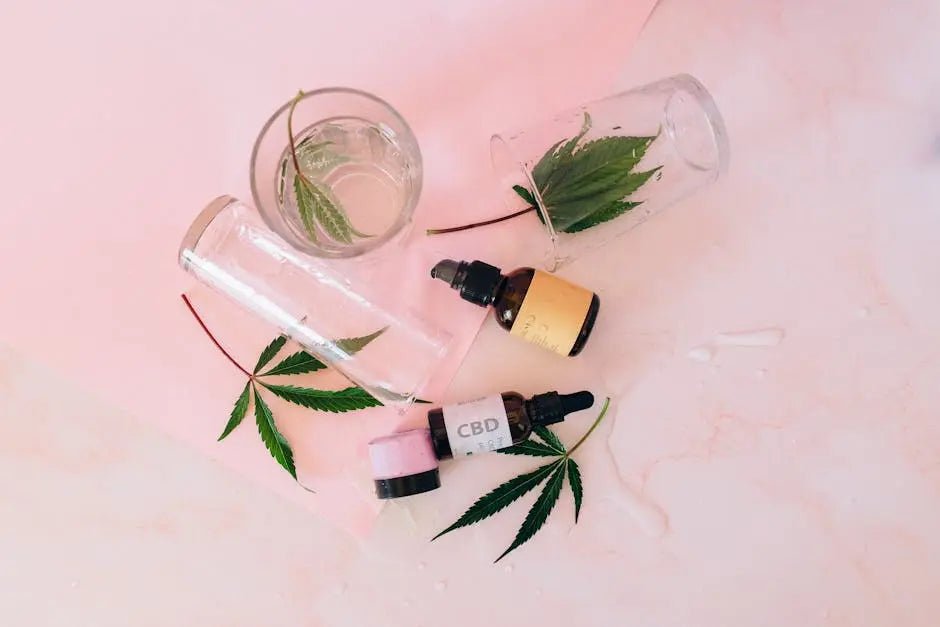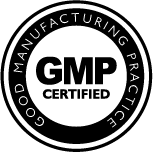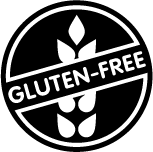
We’ve all been there. A night of fun and relaxation, only to wake up feeling a little less than our best. Whether you’re a THC aficionado or a casual user, dealing with a THC hangover can be a bit of a buzzkill. Luckily, there are some simple and effective ways to alleviate these symptoms and get back to feeling like yourself. In this blog, we’re exploring easy tips for finding the best THC hangover cure.
Understanding THC Hangovers: What Are They?
Before diving into the cures, it’s crucial to understand what a THC hangover entails. Unlike alcohol hangovers, THC hangovers manifest differently. Some common symptoms include brain fog, fatigue, dry mouth, and mild nausea. By recognizing these, you’re better equipped to treat them effectively.
A THC hangover might feel subtle, yet its impact on your day can be quite profound. While the term ‘hangover’ typically evokes images of pounding headaches and nausea from alcohol, a THC hangover can manifest as a lingering sense of grogginess, a foggy mind, or just feeling ‘off.’ Understanding the reason behind these symptoms can help in addressing them. THC, or tetrahydrocannabinol, is a compound found in cannabis that primarily affects the brain and body, potentially altering your sense of time, mood, and even your conscious state. When its effects start to taper off, especially after a high dose, you may find yourself feeling lethargic or unmotivated. This is your body’s way of processing the THC consumed, and knowing this can help you approach recovery with more clarity and intention.
Just like a journey starts with understanding your path, treating a THC hangover begins with knowing its causes. Overconsumption is often a primary factor. Cannabis potency, unlike alcohol, varies greatly, and this variance can sometimes lead users to accidentally ingest more than their bodies are prepared to handle. This is particularly true when consuming edibles, where the effects are delayed and may lead one to overindulge thinking that they need more to achieve the desired state. Furthermore, different strains with their respective cannabinoid profiles can also play a role in the severity of the hangover. By keeping tabs on how much you consume and becoming familiar with the strains that agree with you, you can not only manage a THC hangover but also prevent it from happening in the first place.
Hydration: The Unsung Hero
One of the most effective ways to combat a THC hangover is by staying hydrated. Water aids in flushing out toxins and rehydrating your body, making you feel more refreshed. Start your day with a tall glass of water, and keep sipping throughout the day to maintain hydration.
It’s no secret that water is vital for life, but did you know it’s also your best friend when dealing with a THC hangover? Staying hydrated can dramatically reduce hangover symptoms by replenishing lost fluids, flushing residual THC metabolites, and making you feel more awake and alert. Many don’t realize that THC can dehydrate, contributing to the dreaded ‘cotton mouth’ sensation and headaches the next day. Make a habit of drinking water not just when you’re thirsty, but regularly throughout the day. Adding a slice of lemon or a few cucumber slices can make it more enticing and add a boost of vitamins. Electrolyte-enhanced drinks or coconut water can further aid in replenishing the minerals lost during your indulgence. Hydration is an easy yet often overlooked remedy that can substantially ease your recovery.
While water is quintessential, don’t shy away from indulging in certain hydrating foods. Water-rich fruits such as oranges, melons, and berries not only quench your thirst but also deliver essential vitamins and antioxidants. Consider starting your day with a hydrating smoothie packed with these fruits, along with a handful of leafy greens for an added nutrient punch. The goal here is to stay ahead of dehydration and maintain a balance that allows your body to work out the remaining THC efficiently. For some, herbal teas are a soothing choice, offering more hydration benefits while being caffeine-free. As you take care of your body with good hydration, you’ll notice that symptoms like brain fog and fatigue start to fade away more quickly, letting you embrace the day with renewed vigor.
Nourish Your Body with Nutrient-Rich Foods
Eating well is another key player in overcoming a THC hangover. Consuming a balanced meal rich in vitamins and minerals can help replenish the body’s energy stores. Opt for foods like fruits, whole grains, and lean proteins to support your recovery.
A wholesome diet is your body’s main support system when battling a THC hangover. Instead of reaching for typical greasy hangover foods, prioritize nutrient-dense meals that provide both immediate energy and long-term benefits. Foods rich in antioxidants, such as berries, green vegetables, and nuts, help combat oxidative stress that may accompany cannabis use. Omega-3 fatty acids found in fish can support cognitive function, potentially reducing brain fog. Whole grains and lean proteins provide sustained energy and aid in stabilizing blood sugar levels, which can fluctuate after THC consumption.
When it comes to nourishment, simplicity can yield the best results. Think of colorful vegetables, fruits, and healthy grains forming the major part of your meals. Consider preparing oatmeal topped with sliced bananas and a sprinkle of chia seeds for breakfast or a hearty grain bowl with quinoa, diced vegetables, and grilled chicken for lunch. These meals not only fill you up but actively contribute to your system’s detoxing process. The aim is to give your body what it needs to heal and operate at a premium while flushing out any remaining THC. By focusing on whole, unprocessed foods, you not only ease the hangover symptoms but also set your body on a path towards longer-lasting wellness.
Power of Rest: Catching Up on Sleep
Sleep is your body’s natural way of repairing and rejuvenating. If you find yourself groggy or fatigued after THC use, the solution might just be a good nap. Adequate rest can help clear brain fog and enhance your mood.
Quality rest is the underrated hero when it comes to dealing with THC hangovers. Our bodies heal and reboot during sleep, making it a crucial element in the recovery toolkit. Ideally, aim for a restful, uninterrupted sleep lasting seven to nine hours. Sleep can help your body regain balance by supporting the immune system, regulating hormone levels, and processing emotions and memories. If a full night’s rest isn’t possible, even short naps can provide vital refreshment, helping clear the persistent brain fog and leaving you feeling sharper.
To maximize the benefits of sleep, incorporate calming practices into your routine. Avoid screens and heavy meals in the hours leading up to bedtime, as both can inhibit restful sleep. Instead, focus on reading a book, practicing mindfulness, or engaging in gentle yoga, all of which can calm the mind and prepare the body for rest. Additionally, maintain a consistent sleep schedule, even on weekends, to strengthen your body’s internal clock. These practices, collectively known as sleep hygiene, can greatly assist in making restful sleep a key ally in overcoming a THC hangover.
Gentle Exercise: Boosting Endorphins
While it might be the last thing on your mind, light exercise can work wonders. Activities like a brisk walk or gentle yoga can stimulate endorphin production, lifting your mood and reducing fatigue. Remember, it’s about moving at your own pace and listening to your body.
Deciding to get moving when under the influence of a hangover might seem counterintuitive; however, gentle exercise can trigger the release of endorphins that naturally enhance your mood and energy levels. Engaging in low-impact activities like stretching, walking, or yoga—even for just 15-30 minutes—can stimulate circulation and help detoxify the body through sweat. This movement doesn’t have to be intense or prolonged to be effective; the aim is to encourage blood flow and re-energize your system, aiding in the elimination of persisting toxins from THC. Plus, the mental clarity exercise offers can make a noticeable difference in shaking off the leftover fog.
When considering gentle exercise, choose a method that aligns with your interests and current state of well-being. For some, a leisurely walk around the neighborhood is ideal, providing fresh air and a change of scenery. For others, a low-key yoga routine might offer the perfect blend of physical movement and mind-body connection. If you’re up for it, try a light tai chi session, as it combines deep breathing with slow, deliberate movements—perfect for realigning both mind and body. Whatever your choice, remember that it’s about helping yourself feel better, so go at a pace that feels right for you.
Wrap-Up: Your Go-To THC Hangover Remedies
Navigating a THC hangover doesn’t have to be a daunting task. With the right approach, you can ease your symptoms and return to your routine in no time. Remember, the key is listening to your body and giving it the essentials it needs to recover. By staying hydrated, getting proper nutrition, resting, and moving a bit, you can make your recovery process much smoother. So, next time you indulge, rest assured knowing you have a solid plan to tackle any following hangover symptoms.








